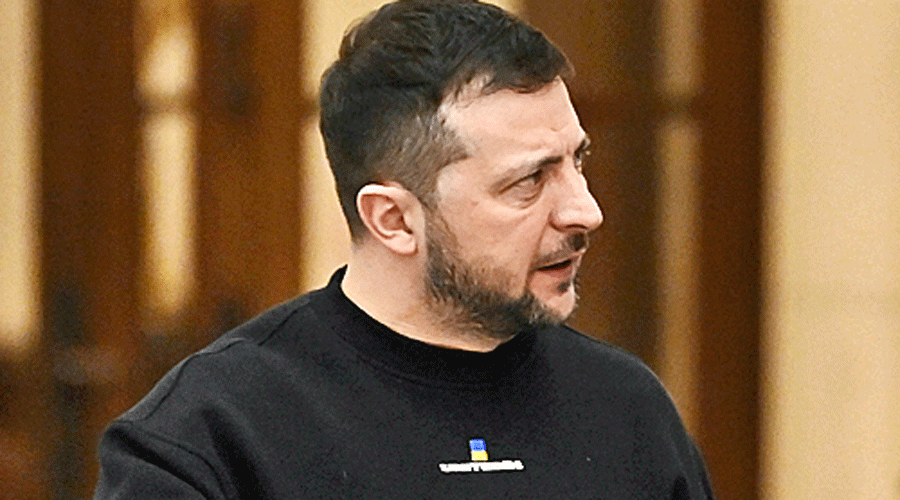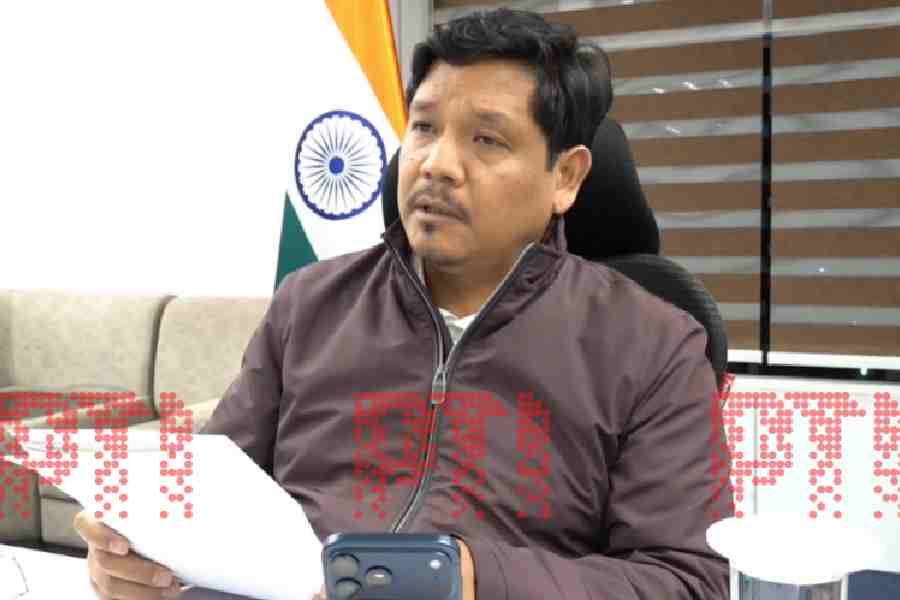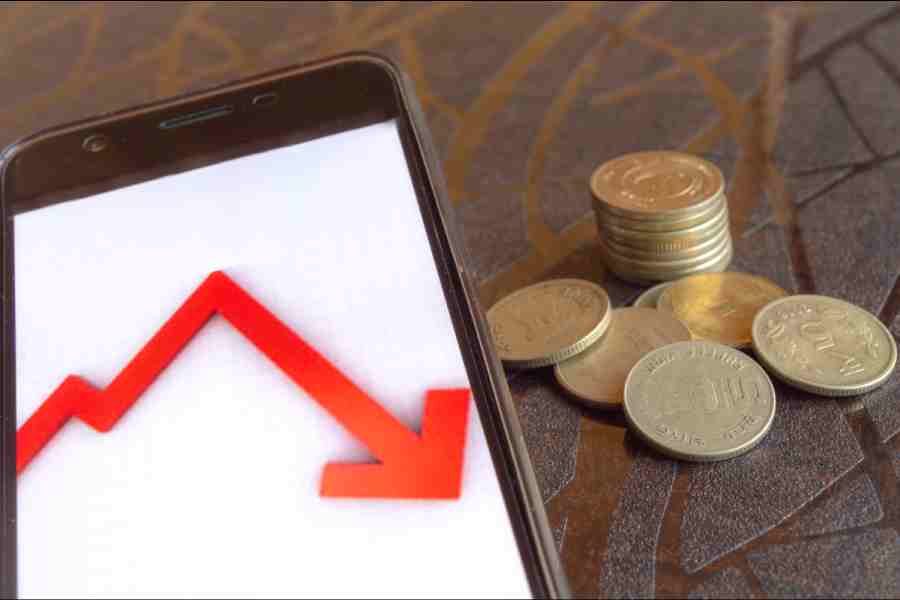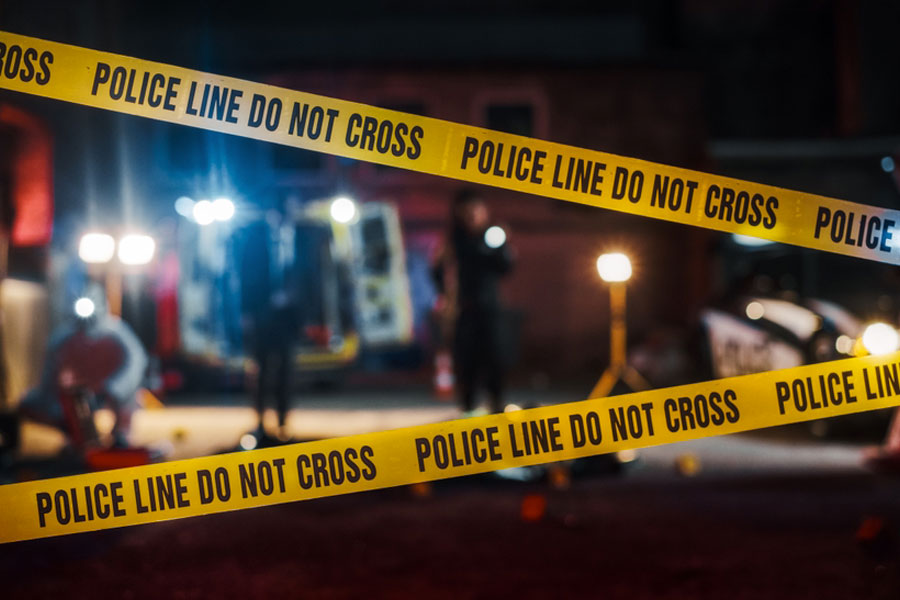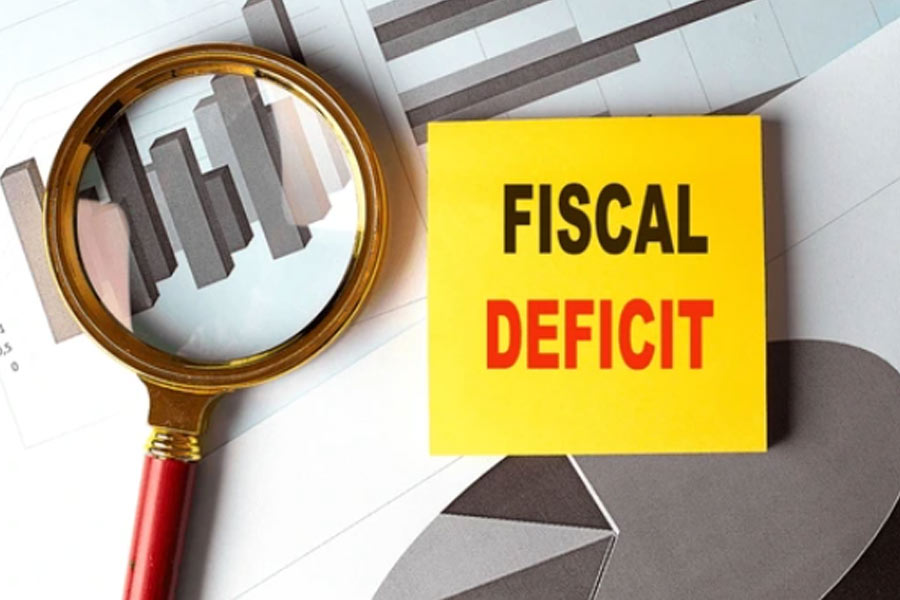It is a mark of how important sport has become in the war between Russia and Ukraine that Volodymyr Zelensky should personally prioritise an international summit of 35 sports ministers on Friday.
From the United States to Germany and Australia all the way back to Westminster, where the UK Government was chairing the conference call, a hush descended on proceedings when Zelensky spoke.
The Ukraine president’s address was described as “powerful” and, with athletes from Russia and Belarus now looking increasingly likely to return to sport’s grandest stage — the Olympics Games next year — he outlined a grim riposte to claims that sport and politics should never mix.
“Terror and Olympism are two opposites — they cannot be combined,” said Zelensky, who added that 228 Ukrainian athletes and coaches had already died since the Russian invasion last year.
The Ukrainian ministry of sport says that 350 sports facilities have also been destroyed, 40,000 athletes forced abroad and that 140,000 of the country’s most promising young athletes have been left without training facilities.
Zelensky then made a direct link between the Olympics and being actively engaged in the war, telling ministers that numerous Russian athletes were associated with the clubs of the Russian army and security state agencies. And it is against this backdrop that the Ukranian president urged, that any Russian participation in the Olympics simply “cannot be covered up with some pretended neutrality or a white flag”.
It followed a statement by the International Olympic Committee in which plans for a potential “pathway” to allow Russian and Belarusian athletes to compete in Paris next year were outlined.
In a significant move from the outright ban the IOC had announced a year ago, it was suggested that athletes who had not publicly supported the war could compete under a neutral flag.
This had been the IOC’s approach at the Tokyo Olympics less than two years ago when, in response to Russian doping, 335 athletes were permitted to compete and the “Russian Olympic Committee” finished with 71 medals — behind only the United States and China.
With the work of Russian composer Tchaikovsky still played during gold-medal presentations, and athletes wearing the striking red, blue and white colours, the practical experience of a “neutral” ban has already been widely dismissed.
It is a subject directly addressed by Dame Katherine Grainger, the chair of Olympic-funding body UK Sport, in the “Great British Bosses” podcast. “The neutral flag has never felt particularly neutral because we still see Russian flags in stadiums,” Grainger said.
The United States’ anti-doping chief, Travis Tygart, spoke for many when he called the Russia “ban” at Tokyo a “farce” and predicted that it would have little impact on the country’s wider behaviour.A unified statement on behalf of the 36 countries is imminent, with the Lithuanian minister for sport saying the group would demand a ban on Russian and Belarusian athletes at the 2024 Olympics.
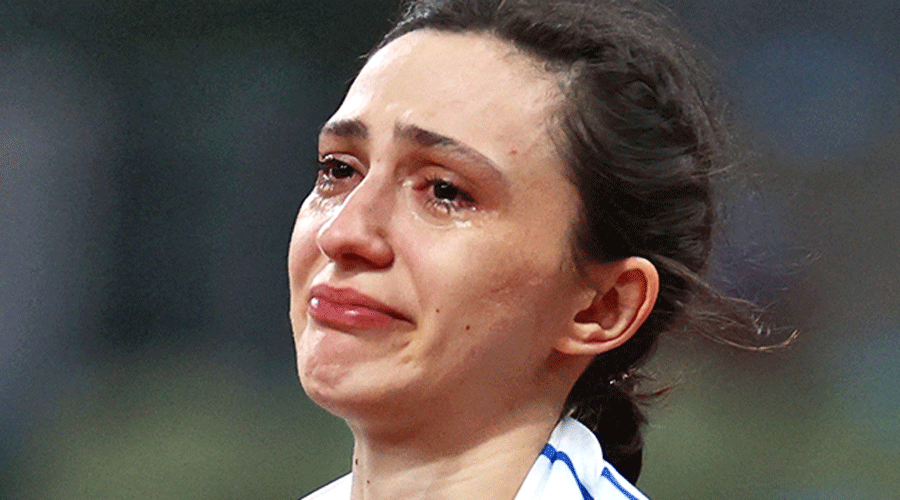
Russian high-jumper Maria Lasitskene. File picture
That might sound like pressure the IOC will find impossible to resist but seasoned Olympic analysts immediately noted that the word “boycott” was absent from any of the statements.
The wider direction of travel also appears clear.
It is easy to forget that there are 206 IOC member nations and, for all the agreement among those who listened on Friday to Zelensky, others believe that no athlete should be excluded because of their government’s actions.
And, as one informed Olympic source explained: “The decision with respect to Paris will ultimately come down to two men: the French president Emmanuel Macron and the IOC president Thomas Bach.”
The Sunday Telegraph in London

